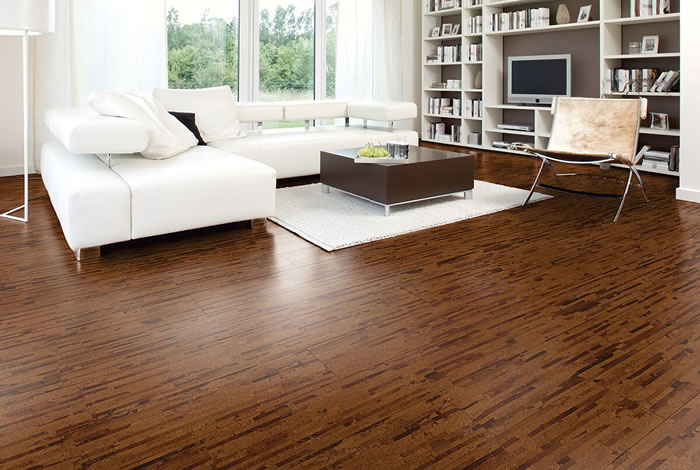
If you suffer from allergies, you know how important it is to have a clean and healthy home environment. One way to improve indoor air quality is to choose the right flooring material. Some flooring materials can trap allergens like dust, pollen, and pet dander, while others can be easily cleaned and maintained. In this article, we will discuss the best flooring options for allergy sufferers.
- Hardwood Flooring
Hardwood flooring is a great option for allergy sufferers because it does not trap allergens like carpet can. It is also easy to clean and maintain. Regular sweeping and mopping can keep dust and other allergens at bay. If you have pets, it’s best to choose a hardwood that is less susceptible to scratches, such as oak or maple.
2. Laminate Flooring
Laminate flooring is an affordable and durable option for allergy sufferers. It is made from compressed wood, making it resistant to scratches and dents. It also does not trap allergens like carpet does. However, it’s important to choose laminate that is low in volatile organic compounds (VOCs) to avoid respiratory issues.
3. Tile Flooring
Tile flooring is a great option for allergy sufferers because it is easy to clean and does not trap allergens. It is also durable and comes in a variety of styles and colors. Porcelain and ceramic tiles are popular choices because they are resistant to scratches and stains. However, grout can be a problem if it’s not properly sealed, as it can trap allergens.
4. Vinyl Flooring
Vinyl flooring is a popular choice for allergy sufferers because it is easy to clean and maintain. It is also water-resistant, making it a good choice for kitchens and bathrooms. Vinyl is available in a variety of styles, including planks and tiles, and can mimic the look of hardwood or tile. However, it’s important to choose vinyl that is low in VOCs to avoid respiratory issues.
5. Cork Flooring
Cork flooring is a natural and eco-friendly option for allergy sufferers. It is hypoallergenic, meaning it does not trap allergens like dust or pollen. It is also soft and cushioned, making it a comfortable option for standing or walking. However, it can be susceptible to scratches and dents, so it’s important to choose a cork that is sealed and finished properly.
6. Concrete Flooring
Concrete flooring is a durable and easy-to-clean option for allergy sufferers. It does not trap allergens and can be stained or polished to create a variety of finishes. Concrete is also a good option for those with pets, as it is resistant to scratches and stains. However, it can be hard and cold, so it’s best to use rugs or mats in high-traffic areas.
7. Natural Stone Flooring
Natural stone flooring, such as granite, marble, or slate, is a luxurious option for allergy sufferers. It does not trap allergens and can be easily cleaned with a damp mop. Natural stone is also durable and comes in a variety of colors and finishes. However, it can be expensive and susceptible to scratches and stains, so it’s important to choose a high-quality stone and properly maintain it.
In conclusion, there are many flooring options available for allergy sufferers. Hardwood, laminate, tile, vinyl, cork, concrete, and natural stone are all great choices that do not trap allergens and can be easily cleaned and maintained. By choosing the right flooring material, you can improve indoor air quality and create a healthy home environment.




